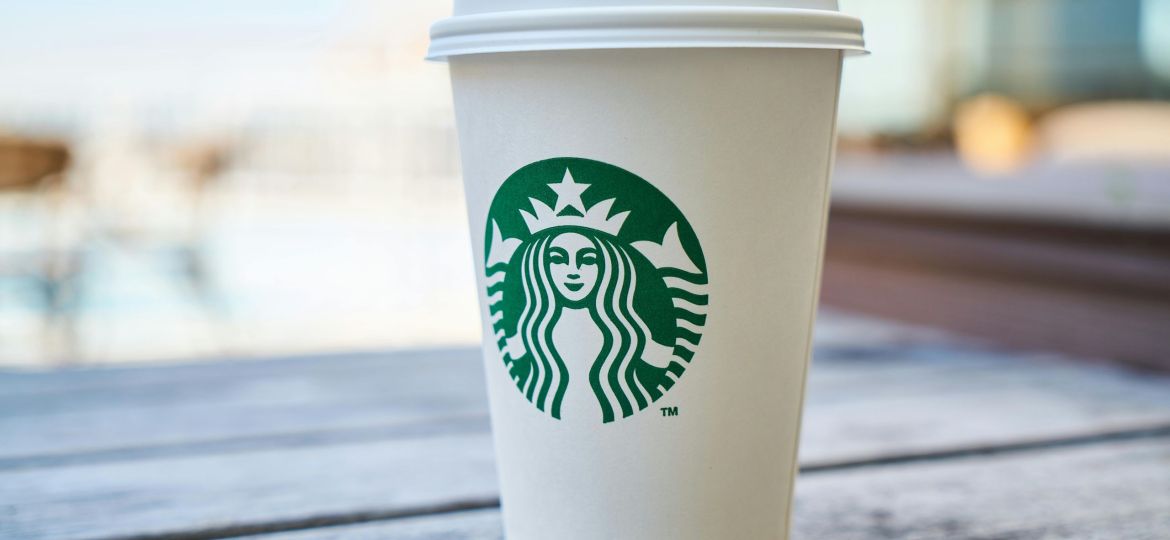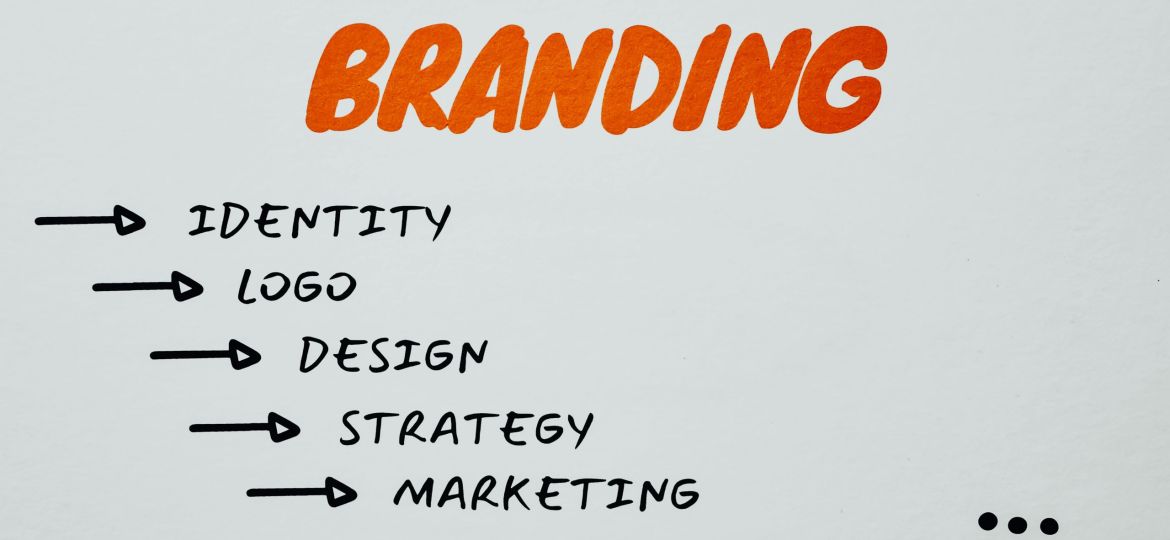Event Marketing in the Age of AI
Artificial Intelligence (AI) is revolutionizing the way businesses approach event marketing. From personalized customer journeys to real-time data analytics, AI provides brands and event organizers with powerful tools to deliver memorable experiences. This transformation elevates marketing outcomes, improves audience targeting, and optimizes resources like never before.
The Rise of AI in Event Marketing
AI has significantly impacted marketing across industries, but its influence on event marketing is especially noteworthy. With the ability to process massive amounts of data at lightning speed, AI empowers marketers to extract insights and act quickly. This is crucial in the dynamic world of branding, where timing and personalization can make or break a campaign.
Enhancing Attendee Experience With AI
Modern consumers expect personalized experiences. AI enables event planners and marketers to tailor communication, content, and on-site experiences based on individual preferences.
Examples include:
- Chatbots providing real-time support before and during events.
- Facial recognition for faster check-ins and security.
- Recommendation engines suggesting sessions or booths to visit based on attendee profiles.
Through data collection and smart algorithms, AI turns generic events into curated brand journeys that resonate.
Data-Driven Decision Making in Marketing
Events generate a wealth of data — from registrations and app usage to post-event surveys. AI helps make sense of this data to inform future strategies. Marketers can use predictive analytics to optimize event timing, format, and content, ensuring maximum impact.
For example, sentiment analysis tools can scan social media mentions to gauge real-time feedback, letting teams adjust elements on the fly.
Corporate Event Planning Gets Smarter
For corporate event planning, AI streamlines logistics and facilitates better engagement. Smart scheduling tools optimize meeting times, while AI content generators help create personalized invitations, social media posts, and email campaigns.
This not only saves time but also ensures a consistent and engaging brand voice — crucial for successful outreach and lead generation.
AI-Powered Brand Activations That Wow
Brand activations now go beyond traditional booths and flyers. With AI, interactive installations and immersive tech experiences leave a longer-lasting impact. Augmented reality (AR) combined with AI allows event-goers to interact with virtual brand assets in physical spaces.
Additionally, machine learning allows brands to adapt interactive experiences in real-time based on user behavior, increasing emotional engagement and attention.
AI and Marketing Through Storytelling
AI helps uncover narratives that truly resonate by analyzing audience behavior and content preferences. Tools like natural language processing and content personalization engines allow marketers to deliver storytelling experiences that feel tailor-made.
Instead of one-size-fits-all campaigns, AI enables adaptive storytelling – where the message evolves based on audience interaction, real-time feedback, and behavioral cues.
Real-Time Personalization at Events
Using AI, marketers can offer dynamic content delivery during live events. This includes:
- Custom mobile app content based on user profiles.
- Dynamic agendas that adjust according to interests and sessions attended.
- Interactive polling and Q&A recommendations during panels.
This seamless approach allows for deeper personalization and encourages meaningful participation, ultimately driving better ROI.
Cost Efficiency Through Automation
AI helps reduce costs and time investment through automation. Tasks like email marketing, A/B testing, attendee tracking, and follow-up communication can all be handled by AI-powered platforms. This lets event teams focus on strategy and creativity instead of repetitive administrative work.
Implementing AI in Your Event Marketing Strategy
To successfully incorporate AI in your marketing strategy, consider the following steps:
- Audit your current tools to identify gaps AI can fill.
- Define clear objectives for using AI – personalization, engagement, tracking, etc.
- Invest in AI-powered platforms such as CRMs and analytics dashboards.
- Train your team on AI capabilities and data ethics.
- Track performance to measure the effectiveness of AI integration in your campaigns.
Keep in mind, AI should support your storytelling, not replace it. Use it to empower human creativity, not limit it.
Ethical Considerations and Transparency
While AI offers immense advantages, transparency and data ethics are crucial. Ensure your attendees know how their data is used. Be transparent in how AI influences decision-making. Businesses must adhere to GDPR and other regional data privacy laws when deploying AI-based systems.
How to Stay Ahead With AI in Event Marketing
AI is evolving fast. To stay ahead, regularly review advancements in marketing technology. Monitor case studies, attend webinars, and experiment with new tools in small, measurable ways.
Also, look at competitors and learn from their successes in leveraging AI to enhance event marketing outcomes.
For deeper insights and tips, visit Event Manager Blog.
Explore our take on using innovation in branding with How to Create Unforgettable Brand Activations.
Conclusion: Harnessing AI for Future-Proof Marketing
The role of AI in modern marketing strategies isn’t just a passing trend — it’s shaping the future of event marketing. When implemented thoughtfully, AI can lead to better audience experiences, smarter decision-making, and more successful outcomes for brands and event organizers alike.
Embrace the evolution and create meaningful, lasting impressions with intelligent, adaptive strategies driven by AI.




